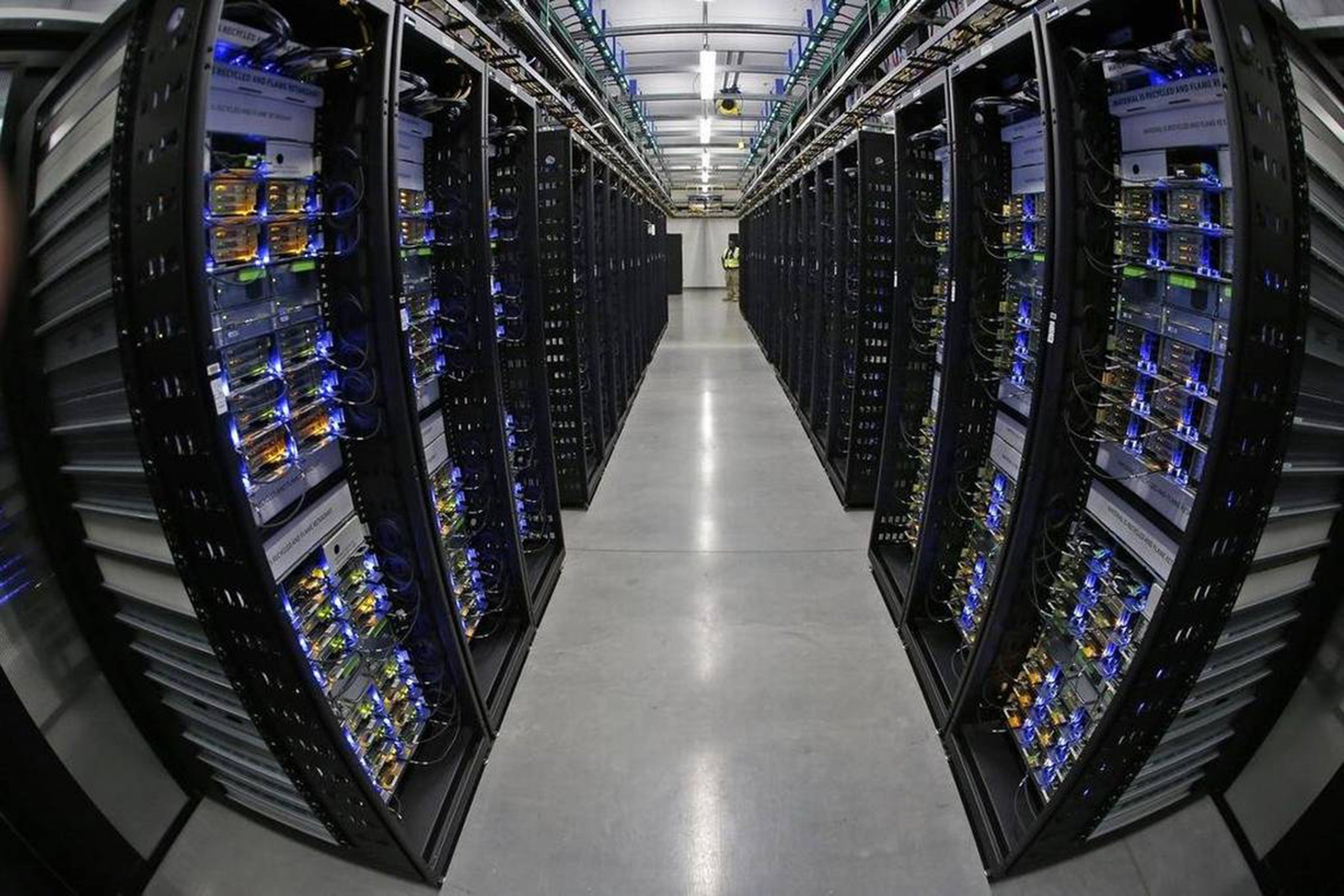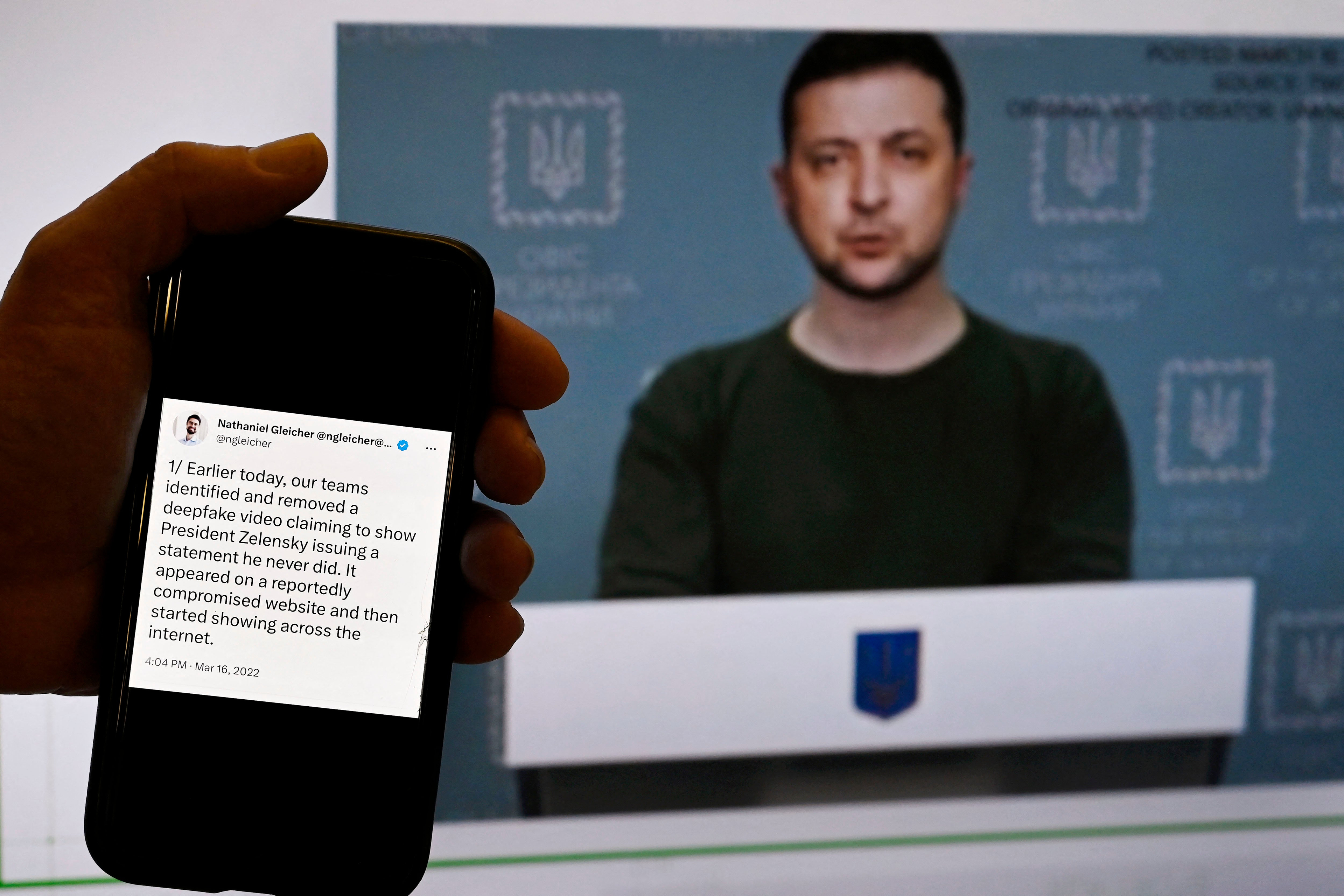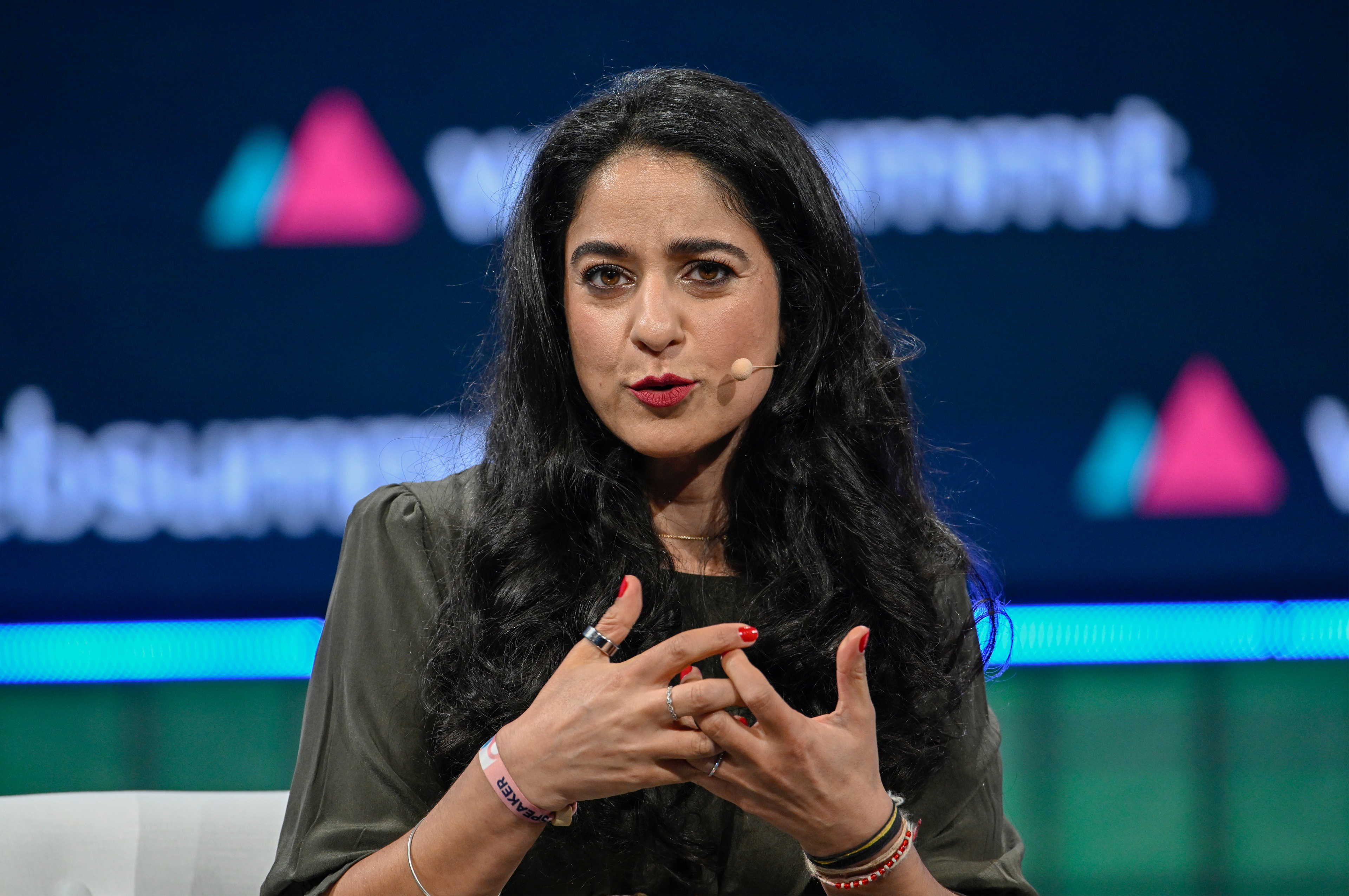4 ways AI could save the world — and 4 ways AI could destroy the world

The rise of generative artificial intelligence is changing the way we work, study, create, and even go to war.
AI pessimists say the tech presents a major global extinction risk, while optimists point to ways the powerful technology could improve our day-to-day lives and ability to solve global issues.
Quartz takes you through some of the biggest pros and cons AI presents to modern society.
AI can help climate change

A recent study showed that AI can help reduce energy consumption in several industries, including transportation, agriculture, and energy. AI can interpret complex climate data from sensors and satellites, such as changing sea levels and rainfall, to create better forecasts and address the risks of climate change. The tech can identify pollution. For example, it can mitigate the risks of wildfires (a big air pollution risk) by using satellite data to anticipate where fires will spread. And farmers use AI for “precision” agriculture, allowing them to reduce their use of fertilizer and water.
Jeff Bezos is throwing money behind AI climate change-related initiatives. His Earth Fund in April announced its AI for Climate and Nature Grand Challenge, which is seeking proposals for how “modern AI” can be used to “address climate change and nature loss.”
AI could boost economic outcomes for the middle class and people in poverty

AI could bolster economic growth for the middle class by allowing more workers to perform higher-stakes, decision-making tasks that are currently reserved for people with higher education levels in roles such as doctors and lawyers.
“In essence, AI used well can assist with restoring the middle-skill, middle-class heart of the US labor market that has been hollowed out by automation and globalization,” MIT economist and professor David Autor wrote in a paper in February.
AI could also help alleviate poverty and hunger in developing countries in a couple of ways. First, it could boost the efficiency of subsistence farmers in those countries, researchers at Bowdoin college found. It can also allow governments and agencies to track poverty and develop more targeted, effective forms of aid and intervention.
AI for knowledge and creativity

AI puts massive amounts of information from across the world wide web at your fingertips, but does the analyzing for you. That furthers the knowledge of people and businesses — and helps them think more creatively.
“Generative AI can support divergent thinking by making associations among remote concepts and producing ideas drawn from them,” researchers wrote in an article for Harvard Business Review.
AI can enhance healthcare diagnosis and treatment

Nearly two years after the release of ChatGPT, there’s already an AI chatbot for biology — which can build proteins for the development of pharmaceutical drugs. That’s just one way AI could revolutionize healthcare.
AI is being used to match thousands of diseases with the thousands of drugs available to treat them. In other words, it’s allowing doctors to better treat their patients with existing medicines that meet their needs. It’s also being used to detect and diagnose diseases.
AI’s massive energy demand

AI’s massive demand for energy is increasing emissions of major tech companies including Google and Microsoft. By 2030, data centers could consume up to 9% of electricity in the U.S. — more than double what is being used now, according to the Electric Power Research Institute.
AI misinformation & disinformation

AI-generated content is already being used by politicians and hackers alike to spread misinformation and disinformation. Someone made a viral deepfake video of Ukrainian President Volodymyr Zelensky in 2023 calling on his country’s soldiers to surrender to Russia. Florida Gov. Ron DeSantis’ now-defunct presidential campaign posted deepfakes of Donald Trump last summer. The political party of Poland’s prime minister, Donald Tusk, posted a partially AI-generated video of his opponent to boost his election campaign. A China-backed online group, “Spamoflauge,” used AI-generated videos reporting fake news to meddle in Taiwan’s presidential election. And a group of researchers at Microsoft said China will likely use AI to meddle in the U.S. presidential election.
“Once fooled by a deepfake, you may no longer believe what you see online. And when people begin to doubt everything, when they can’t tell fiction from fact, democracy itself is threatened,” Adobe’s Senior Director of the Content Authenticity Initiative told Quartz in April. The company is part of an initiative to mitigate the negative impacts of deepfakes.
AI will make some jobs obsolete

While AI will probably have many positive effects on economic outcomes for lower classes, it will still cause labor pains as it creates a reshuffling of the job economy. It will make some jobs obsolete. AI will likely have the greatest impact (and take the most jobs) from people in data entry and administrative roles.
AI discrimination and sexual abuse

Some evidence suggests AI can deepen racial, economic, and gender inequities. States are working to combat the issue. AI tools used for hiring are under fire in California for discrimination issues. Colorado recently passed a law banning developers from using discriminatory algorithms in AI systems. New York’s Department of Finance adopted guidance to address the issue in insurance underwriting.
At the same time, some AI tools are being used to try to combat discrimination. One AI startup, Zest, says its tech can expand access to personal, auto, home, and small business loans for people of color and women.
AI-generated child sex abuse material has also been a major problem. Deepfakes of children on the dark web have proliferated, and the content has gotten more extreme.
AI warfare and biothreats

AI weapons are making it easier than ever to kill targets without ever setting foot in a war zone — which has major ethical implications and raises questions about which weapons should be allowed on the battlefield. Advocates say there must be a global governance framework determining how the tech is used in warfare.
The research is still unclear, but there are also concerns that AI could be used by malicious actors to develop weapons such as biothreats.